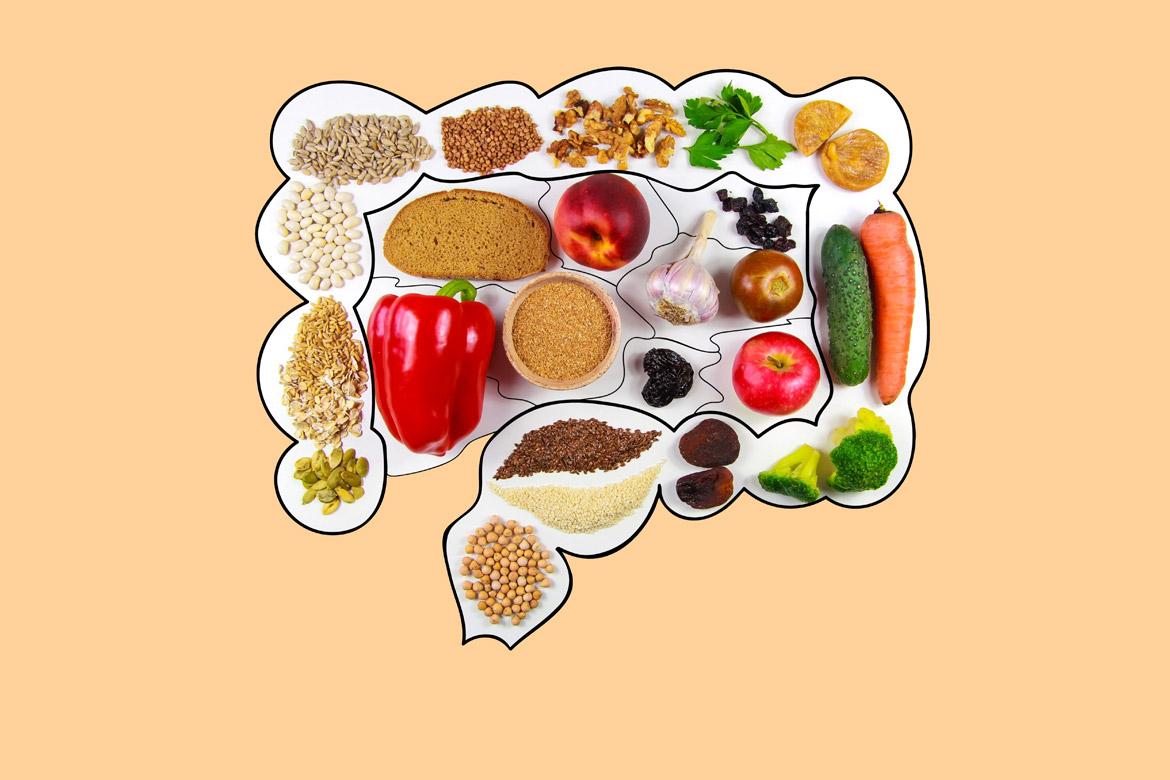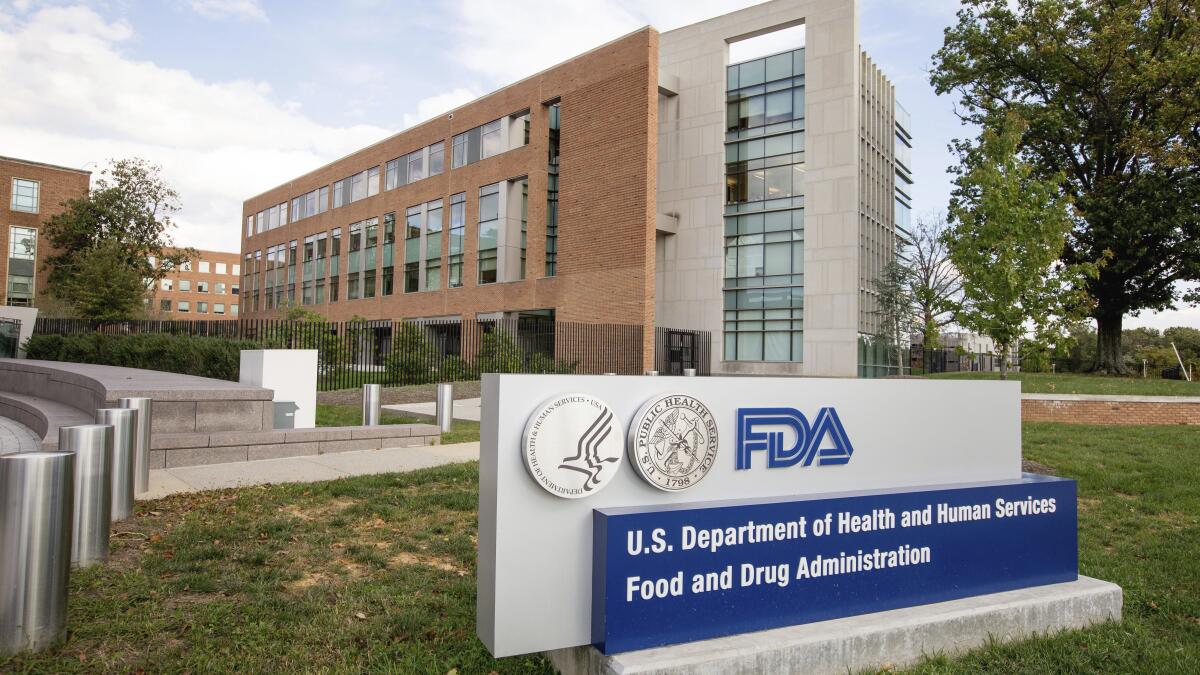
Colon cancer remains one of the most prevalent and deadly forms of cancer worldwide. While genetic predisposition plays a role, lifestyle and dietary choices significantly influence the risk levels. Recent insights from gastroenterology experts emphasize the importance of a balanced diet rich in fiber, antioxidants, and specific nutrients to reduce the chances of developing colon cancer. Among these, healthy snacking habits stand out as an effective and manageable way to incorporate protective foods into our daily routine. Here, we explore six carefully selected, health-boosting snacks that can help lower colon cancer risk and promote overall colon health.
Understanding the Link Between Diet and Colon Cancer
Research consistently demonstrates that diet is a key modifiable factor in colon cancer prevention. Diets high in red and processed meats, low in fiber, and lacking in fruits and vegetables increase risk. Conversely, diets abundant in dietary fiber, calcium, vitamins, and phytochemicals have protective effects. Snacks, often overlooked, can be a strategic point of intervention—offering convenient ways to boost nutrient intake and support colon health.
Why Focus on Healthy Snacks?
Snacks are more than just fillers; they can serve as functional foods that deliver health benefits. Incorporating nutrient-dense snacks can help maintain healthy gut flora, reduce inflammation, and promote the regularity and integrity of the colon lining. Moreover, smart snacking can prevent overeating during main meals, stabilize blood sugar levels, and contribute to overall dietary quality. Below are the top six snack ideas, backed by scientific evidence, that can help mitigate colon cancer risk.
Top 6 Snacks to Reduce Colon Cancer Risk
1. Fresh Berries and Fruits
Why? Berries such as blueberries, strawberries, and raspberries are packed with antioxidants, vitamins, and dietary fiber. These components help combat oxidative stress and reduce inflammation, which are pivotal in cancer development.
How to Consume? Incorporate berries into your daily diet by adding them to yogurt, oatmeal, or simply enjoying them fresh. Apples, pears, and oranges are also excellent options rich in fiber and phytochemicals.
Benefits: The high fiber content promotes healthy bowel movements and reduces carcinogen contact with the intestinal lining, while antioxidants help neutralize harmful free radicals that can cause DNA damage.
2. Leafy Green Vegetables
Examples: Spinach, kale, arugula, and Swiss chard.
Why? These vegetables are abundant in folate, vitamins A, C, and E, and phytochemicals like lutein and zeaxanthin, which have been linked to lowered cancer risk.
How to Incorporate: Prepare quick salads, smoothies, or lightly sauté these greens as a nutritious snack alongside hummus or a sprinkle of seeds.
Benefits: The high chlorophyll and fiber content aid in detoxifying carcinogens and maintaining a healthy gut environment.
3. Nuts and Seeds
Examples: Almonds, walnuts, flaxseeds, chia seeds.
Why? Rich in omega-3 fatty acids, lignans, and fiber, nuts and seeds have anti-inflammatory properties and can promote a healthy colon environment.
How to Consume: Munch on a small handful of unsalted nuts or add ground seeds to smoothies and yogurt for a crunchy, nutrient-packed snack.
Benefits: These snacks support cellular health and may modulate immune responses against tumorous growths.
4. Fermented Foods
Examples: Yogurt, kefir, sauerkraut, kimchi.
Why? Fermented foods are rich in probiotics, which help balance gut microbiota. A healthy microbiome is crucial in preventing inflammation and colon carcinogenesis.
How to Incorporate: Enjoy a serving of yogurt or kefir with fruit or add fermented vegetables to your snack plates.
Benefits: Probiotics improve bowel regularity, enhance the immune response, and may reduce the presence of harmful bacteria linked to colon cancer.
5. Legumes and Lentils
Examples: Chickpeas, black beans, lentils.
Why? High in dietary fiber, resistant starch, and plant proteins, legumes promote healthy digestion and colon function.
How to Consume: Prepare hummus, veggie dips, or roasted chickpeas for a satisfying snack that is easy to carry and enjoy.
Benefits: The fiber helps bind potential carcinogens, reduces transit time, and fosters beneficial gut bacteria.
6. Whole Grain Snacks
Examples: Air-popped popcorn, whole grain crackers, oats.
Why? Whole grains contain fiber, vitamins, and phytochemicals that promote colon health and reduce inflammation.
How to Incorporate: Choose air-popped popcorn without added butter or salt, or whole grain crackers with veggie spreads.
Benefits: Whole grains contribute to increased stool bulk, lowering contact time with potential carcinogens in the colon.
Additional Lifestyle Tips for Colon Cancer Prevention
- Maintain a Healthy Weight: Obesity increases risk, so balanced nutrition combined with regular physical activity is essential.
- Limit Red and Processed Meats: Consider plant-based alternatives or lean protein sources.
- Stay Hydrated: Water aids in digestion and toxin elimination.
- Avoid Excessive Alcohol and Tobacco Use: Both are linked to higher cancer risks.
- Regular Screening: Early detection through colonoscopy saves lives and should be part of preventive health measures.
Conclusion
Adopting healthy snacking habits is a practical and enjoyable strategy to lower colon cancer risk. By including fruits, vegetables, nuts, seeds, fermented foods, legumes, and whole grains into your daily routine, you support your colon’s health and bolster your body’s defenses against carcinogenesis. Remember, small consistent changes in diet can have a significant impact on long-term health outcomes.
Incorporate these nutrient-rich snacks into your diet today and take a proactive step towards colon health.
For more updated news please keep visiting Prime News World.








